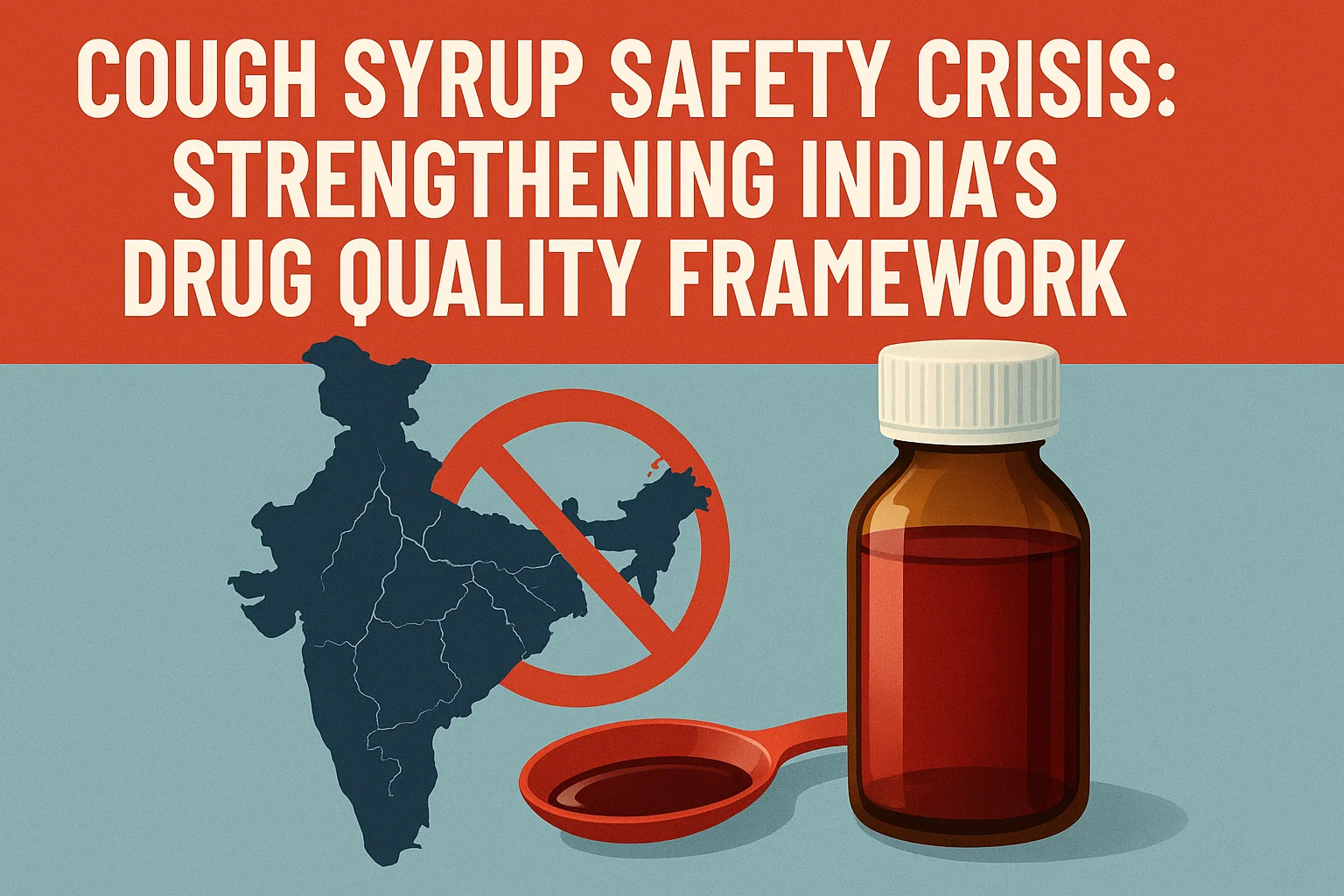Font size:
Print
Viksit Krishi Sankalp Abhiyan
Nationwide ‘Viksit Krishi Sankalp Abhiyan’ to Begin from May 29: Union Minister Shri Shivraj Viksit Krishi Sankalp Abhiyan
Context: Union Agriculture Minister Shivraj Singh Chouhan said that a nationwide campaign, Viksit Krishi Sankalp Abhiyan, will be conducted from May 29 to June 12 to raise awareness among farmers about modern technology and new seed varieties.
About Viksit Krishi Sankalp Abhiyan
- Elaborating on the 15-day campaign, Mr. Chouhan stated that it will cover 700 districts across the country and aims to reach around 15 million farmers.
- Aimed at transforming Indian agriculture in alignment with Prime Minister Narendra Modi’s vision of a “Viksit Bharat” (Developed India).
Why Does It Matters?
- Agriculture is the backbone of the Indian economy, supporting nearly 50% of the population and ensuring national food security.
- The initiative underlines the government’s commitment to:
- Modernising farming practices.
- Improving farmer incomes.
- Achieving sustainable food production.
Ministry’s Six-Point Strategy
- To fulfil food security and farmer welfare goals for 1.45 billion citizens, the ministry outlined a six-point approach:
- Increase agricultural production.
- Reduce production costs.
- Ensure fair pricing for produce.
- Compensate losses due to natural disasters.
- Promote crop diversification with value addition and food processing.
- Encourage natural and organic farming.
Record Agricultural Output
- India achieved all-time high agricultural production in 2024–25:
- Kharif rice: 1206.79 lakh metric tonnes
- Wheat: 1154.30 lakh metric tonnes
- Kharif maize: 248.11 lakh metric tonnes
- Groundnut: 104.26 lakh metric tonnes
- Soybean: 151.32 lakh metric tonnes
- Total food grain production rose from 3157.74 lakh tonnes (2023–24) to 3309.18 lakh tonnes (2024–25).
- Pulse production: 221.71 → 230.22 lakh tonnes
- Oilseeds: 384 → 416 lakh metric tonnes
- These outputs strengthen national reserves and support India’s aim to be the “Food Basket of the World.”
Nationwide Collaboration
- Involves ICAR’s 113 research institutes, 731 Krishi Vigyan Kendras, agriculture universities, state departments, farmer-producer organisations (FPOs), and innovative farmers.
- 16,000+ agricultural scientists will be part of the knowledge transfer.
Field-Level Implementation
- 2,170 expert teams (4+ members each) to visit 65,000+ villages across 723 districts.
- Teams to conduct 3 daily sessions (morning, afternoon, evening) to directly engage with over 1.3 crore farmers across the country.
- Assessment parameters: Agro-climatic conditions, Soil nutrients (via Soil Health Cards), Water & rainfall data.
- Recommendations: High-yield crop varieties, Ideal sowing methods, Balanced fertiliser use, Scientific, cost-effective practices.
A Two-Way Dialogue with Farmers
- The campaign is designed as a two-way engagement. Farmers will not only receive expert guidance but will also share local challenges, such as pest infestations, soil degradation, and climate-related disruptions.
- This feedback will inform future agricultural research and help tailor scientific efforts to field-level realities.
Long-Term Impact
- The campaign will be conducted twice a year, aligned with the Kharif and Rabi sowing seasons, ensuring timely support for farmers before critical planting periods.
- This proactive, science-led approach is expected to set a new benchmark in agricultural awareness, productivity, and sustainability.
Subscribe to our Youtube Channel for more Valuable Content – TheStudyias
Download the App to Subscribe to our Courses – Thestudyias
The Source’s Authority and Ownership of the Article is Claimed By THE STUDY IAS BY MANIKANT SINGH


